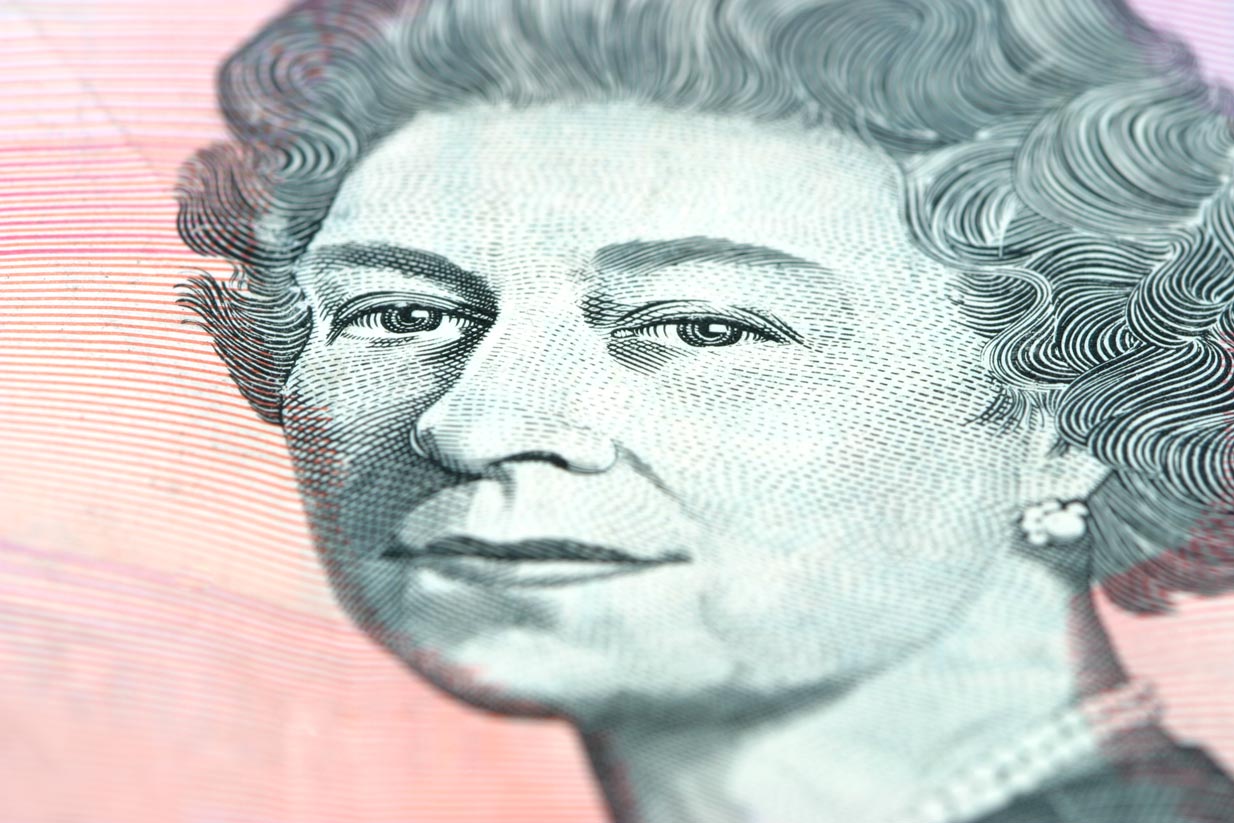Getting Started
Do you have too much cash?

Some would argue that you can never have too much cash. However, for long-term savings, cash may not be the right option.
The statistics are startling. HMRC Isa statistics show that 75% of contributions went into Cash ISAs in the last tax year. Even the wealthiest prefer to keep their money in cash. Research by Rathbone Investment Management shows around a quarter of HNW investors currently hold more than 50% of their wealth in cash. Statistics from platform Interactive Investor show their clients hold an average of 18% in cash in their investment portfolios.
With the recent volatility in stock markets, the temptation to keep money in cash rather than putting it to work in the stock market is higher than ever. However, very few providers have passed on the full benefit of the two increases in base rate since November to these committed savers. The best easy access savings rates hover around 1.5% (ICICI Bank currently pays 1.54%, the Family Building Society pays 1.51%).
One of the key reasons why HNW investors choose to hold their wealth in cash is because they believe it is the safest option. The Rathbone research showed 49% of HNW investors said that they believed cash to be the safest option, while a further 18% said a fear of taking risk was a key driver for keeping wealth in cash savings.
However, thanks to low interest rates and high inflation, leaving too much money in cash could risk it becoming de-valued over time. The FCA has recently raised concerns that 18% of non-advised SIPPs in drawdown are 80% or more invested in cash and has suggested creating ‘pathways’ to help people find the right investments. When even the regulator says there is a problem investing in cash, savers should take note.
Research by Vanguard shows that over the past 20 years (which includes times when interest rates have been far higher), a cash investment of £10,000 would now be worth around £17,500. However, factor inflation into the mix and that same £10,000 would be worth £10,150. £150 doesn’t feel like a good return for keeping your money locked up for 20 years.
James Norton, senior investment planner at Vanguard, says: “The impact of inflation is corrosive. Savers may feel they are making a little money with the interest they earn on cash. But once inflation, and tax on that interest is taken into account, for many people it will be a negative return.”
Why would you hold cash?
Cash has a number of specific roles in your savings pot: the first is for rainy day capital and short-term expenditure. In general, advisers recommend holding around three months’ worth of expenditure in cash at all times. This will be higher for retirees. This helps protect you if you lose your job or there are other emergencies. Equally, short-term expenditure – less than two or three years – such as a house deposit or other big ticket items should be kept in cash because you generally can’t afford for the capital to vary much.
Cash may also have a role in your investment portfolio. Moira O’Neill, head of personal finance at Interactive Investor, says: “There are three very good reasons for holding cash within your investment portfolios. First, if you can’t find quality investments at sensible prices – you don’t want to buy when everything looks expensive. Second, as an opportunity fund so you can pick up bargains when the market falls. Third, as a haven when you’re feeling nervous. Investors will employ these strategies at varying times and depending on their risk appetites.”
However, be wary of trying to time your entry and exit from the stock market. In general it doesn’t work, tending to lead to higher trading costs and not contributing to returns. Norton says: “Cash has a place for everyone to provide that rainy day money we all need on occasion. However, few of us will ever earn enough that we can afford not to invest. The fact is that over the long-term, investing in shares is likely to provide you with a much higher return than you could otherwise achieve.”